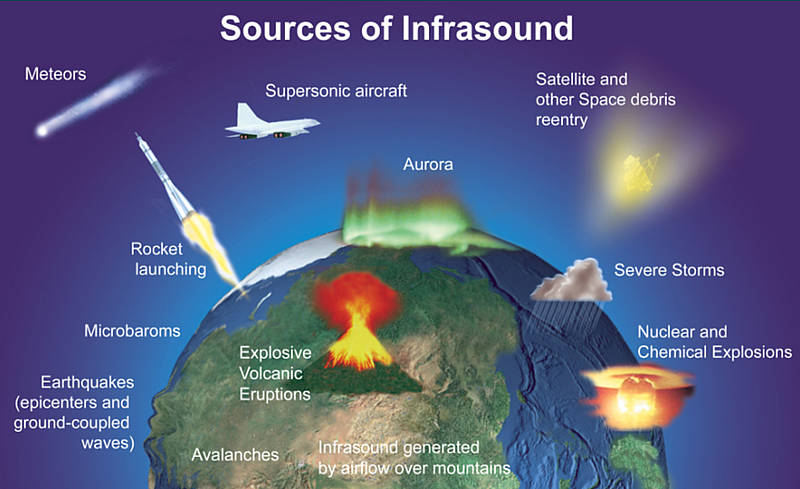The small, community movie theater is almost dead. So you can imagine my delight when I found the two-room, alcohol-serving Dedham Community Theater on the main square in Dedham. It's old and drab and beautiful in its own a wabi-sabi way. It also houses a permanent exhibition of the Museum of Bad Art, located in the basement, next to the (leaky) men's bathroom.
domingo, 14 de octubre de 2012
Wabi-sabi: understated beauty in imperfection
The small, community movie theater is almost dead. So you can imagine my delight when I found the two-room, alcohol-serving Dedham Community Theater on the main square in Dedham. It's old and drab and beautiful in its own a wabi-sabi way. It also houses a permanent exhibition of the Museum of Bad Art, located in the basement, next to the (leaky) men's bathroom.
sábado, 13 de octubre de 2012
martes, 2 de octubre de 2012
Sound without sound
"Infrasound is, like sound (and, for that matter, ultrasound) a matter of vibration. The difference is that infrasound vibrations are slower, which makes the pitch of the sound too deep for the human ear to make out- and the distance the sound can travel much longer...In the 1930's Hugo Benioff, who, with his Caltech colleague Charles Richter, was revolutionizing the study of earthquakes, found that there was infrasound that had no audible counterpart. His microphones picked up regular atmospheric trills he called "microbaroms". These are now thought to come about when ocean waves headed in different directions interfere with each other, causing a patch of the surface to rise and fall like a loudspeaker. The northern lights turn out to be another inaudible source of ultrasound [sic?]. So are some winds, like the Chinooks of Canada, and the ghostly "sprites" of ionized plasma that rise up into the atmosphere above thunderstorms, too faint to see with the naked eye. Speed their infrasound up to audible frequencies and you hear rather sweet opps-y noises, very different from the thunder of the storms below."
-Econ. Sept. 22-28, Intelligent Life p. 6
Seedfolks
I'd always heard that the Polish men were tough steelworkers and that the women cooked lots of cabbage. But I'd never known one--until the garden. She was an old woman whose space bordered mine. She had a seven-block walk to the garden, the same route I took. We spoke quite often. We both planted carrots. When her hundreds of seedlings came up in a row, I was very surprised that she did not thin them-- pulling out all but one healthy-looking plant each few inches, to give them room to grow. I asked her. She looked down at them and said she knew she ought to do it, but that this task reminded her too closely of her concentration camp, where the prisoners were inspected each morning and divided into two lines-- the healthy to live and the others to die. Her father, an orchestra violinist, had spoken out against the Germans, which had caused her family's arrest. When I heard her words, I realized how useless was all that I'd heard about Poles, how much richness it hid, like the worthless shell around an almond. I still do not know, or care, whether she cooks cabbage.
-"Amir" from Seedfolks by Paul Fleischman
Suscribirse a:
Entradas (Atom)



